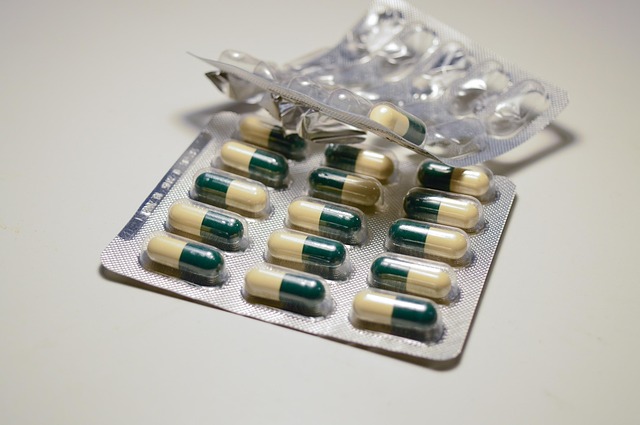
Why Antibiotics Often Fail in Treating Lyme Disease
For anyone newly diagnosed with Lyme disease, the first line of treatment is almost always antibiotics. It’s considered the standard of care—but for many, it doesn’t work.
If you’ve been through multiple rounds of antibiotics and still feel worse—or no better—you’re not alone. In fact, there’s a growing body of evidence showing that antibiotics are often ineffective in chronic or late-stage Lyme disease, and that their overuse can even make things worse.
The Antibiotic Myth: What They’re Not Telling You
Let’s start with a key distinction: antibiotics can be helpful in the very early stages of Lyme disease—usually within the first two weeks of infection. At this point, Borrelia burgdorferi, the bacteria that causes Lyme, is still circulating in the bloodstream and hasn’t yet gone into hiding.
But once the infection becomes established, everything changes.
Why Antibiotics Fail in Chronic Lyme
Here’s why antibiotics often don’t work in chronic or late-stage Lyme:
-
Borrelia is a stealth pathogen: It hides in tissues, joints, and the nervous system, creating biofilms and cyst forms that shield it from both antibiotics and the immune system.
-
It morphs into multiple forms, including “persister” cells that are metabolically inactive—making them completely resistant to antibiotics, which only work on actively dividing cells.
-
It suppresses the immune system, making antibody-based treatments and tests less effective.
-
It forms biofilms, slimy protective barriers that antibiotics can’t penetrate.
In Healing Lyme, herbalist Stephen Harrod Buhner notes that standard antibiotics are “largely ineffective” in treating persistent Lyme infections and often drive the bacteria deeper into the body.
Dr. Richard Horowitz, in Why Can’t I Get Better?, discusses how patients treated with long-term antibiotics often develop secondary infections, gut dysbiosis, and no meaningful improvement in symptoms.
A 2019 study published in Frontiers in Microbiology showed that Borrelia can survive standard antibiotic treatment and even adapt to become more antibiotic-resistant over time.
The Cost to Your Gut Health
Even if antibiotics could work in late-stage Lyme (which, for most, they don’t), they come with serious collateral damage.
-
A single round of antibiotics can wipe out beneficial gut bacteria, affecting immunity, digestion, mood, and detox pathways.
-
Studies have shown that the gut microbiome can take 6 months to a year to recover—and sometimes never fully returns to baseline.
(Science Translational Medicine, 2016; Nature Microbiology, 2020)
Antibiotics are like napalm to your microbiome—indiscriminately destroying good and bad bacteria alike. For people with chronic illness, that kind of damage can derail healing entirely.
And long-term use? Even worse. It opens the door to:
-
Fungal overgrowth (like candida)
-
Leaky gut syndrome
-
Autoimmune flare-ups
-
Weakened immunity
-
Antibiotic-resistant infections
Antibiotic Resistance Is Rising
The CDC has declared antibiotic resistance a global health threat. And Lyme bacteria are no exception. Overuse of antibiotics—especially in cases where they don’t work—only makes the bacteria smarter and more evasive.
In other words, the more we overprescribe antibiotics, the more untreatable chronic infections become.
So What’s the Alternative?
If antibiotics aren’t the answer for chronic Lyme, what is?
The answer lies in strengthening the body’s terrain, rather than just trying to kill the bug. That means:
-
Detoxing underlying infections and toxic burdens (like mold, heavy metals, parasites)
-
Restoring gut health and liver function
-
Calming the nervous system
-
Using protocols that disrupt biofilms, support immunity, and target Borrelia in all its forms
It’s not about fighting harder—it’s about healing smarter.
The Bottom Line
Antibiotics may be helpful in the first two weeks of a Lyme infection—but beyond that, they often cause more harm than good. If you’ve been sick for months or years and are still relying on prescriptions to fix it, it may be time to rethink your approach.
True healing requires more than a pill—it requires uncovering and addressing the deeper layers your body is fighting.
If you’re ready to get off the hamster wheel of failed treatments and start getting real answers, I’d love to talk.




Add A Comment